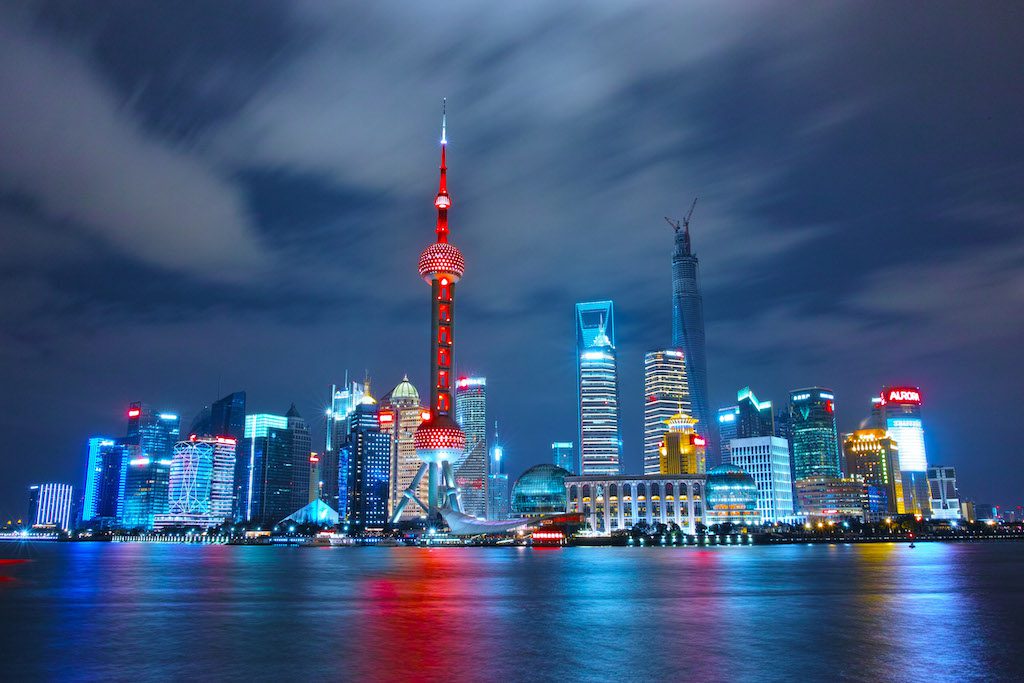China, Italy, and the U.S. — A Tale of 3 Hotel Industry Recoveries

Skift Take
The hotel industries in three coronavirus hotspots — past and present — are rebounding from coronavirus shutdowns differently than executives and analysts first predicted.
The global pandemic hit China, Italy, and the U.S. particularly hard. But while China and Italy have both contained the spread, the U.S. continues to surge with tens of thousands of new cases daily.
Marriott CEO Arne Sorenson said earlier this summer the hotel business in China and the U.S. would rebound from coronavirus-related lockdowns faster than Europe due to their respective strong domestic traveler bases. Hotel analysts generally agreed with the forecast. But China and Europe have actually posted the strongest recovery momentum in recent weeks.
“Unfortunately, American society as a whole isn’t disciplined enough to reopen rapidly,” said Patrick Scholes, managing director of lodging and leisure equity research at SunTrust Robinson Humphrey.
Hotel occupancy rates in late July were 60 percent in China, 48 percent in the U.S., and 32 percent in Italy, according to STR. China’s elevated occupancy numbers, although still down nearly 21 percent from the same time last year, indicate business travel is beginning to return.
While the U.S. is still ahead of Italy in terms of occupancy, the American recovery has sputtered in recent weeks amid a case surge in the U.S. Sun Belt. Italy and the rest of Europe are maintaining a strong recovery momentum.
An 11-week streak of consecutive occupancy gains in the U.S. ended in early July. U.S. revenue per available room, or RevPAR — the key performance metric for the hotel industry — is essentially back to where it was at the end of June. Meanwhile, European RevPAR has increased about 20 points, Scholes said.
But the industry recoveries in China and Europe haven’t been entirely good news.
A June flare-up of new cases in Beijing once again tanked hotel occupancy rates while government officials enacted new lockdown orders to contain the virus. Germany, seen as a European poster child for strict preventative measures generating a faster road to reopening, has reported a spike in new cases in recent weeks.
But the strong response from central governments to new waves of the virus in areas like China and Europe are expected to keep the recovery trajectory moving forward.
“Europe has a deeper hole to climb out of than the U.S.,” Scholes said. “But it’s climbing out of its hole at a much faster pace.”
The U.S. business community appears to recognize the private sector has to step up preventative measures against coronavirus where the public sector has fallen short. Several American travel industry organizations and companies recently enacted facial covering requirements for customers and employees.
"It is, by far and away, the most important thing all of us in the industry can do," Wyndham CEO Geoff Ballotti said last week of mask mandates on an investor call.
The American Hotel & Lodging Association has called on governors and the Trump administration to issue a mask mandate across all U.S. states. Companies like Marriott, Hyatt, and IHG have issued their own corporate mask mandates for guests and employees at all hotels.
But at least one executive alluded to the greater impact of federal action compared to a piecemeal approach — and its correlation to hotel industry recovery.
“You see in China’s response something of the advantage of a powerful central government that can by itself set the rules and, by and large, get 100 percent compliance,” Sorenson said last month on a webinar. “They move quickly to implement the kind of restrictions that have, as far as we can tell, a profound impact on the spread of this virus.”




